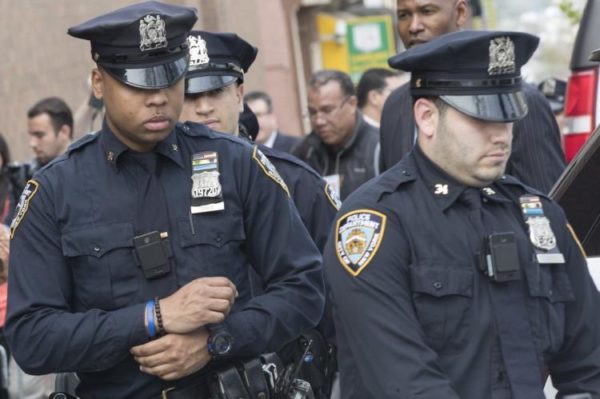March 2, 2013
Marc Bussanich
Seven of the nine mayoral candidates convened at the First Corinthian Church in Harlem on Thursday evening to take questions from ordinary New Yorkers about what they would do as mayor to reduce the city’s extreme income inequality, the highest in the country. Some of the hopefuls said they would change policy that curbs public dollars to private developers and corporations; others called for a vote on paid sick leave. (Read More and Watch Video)
John Liu, the city’s Comptroller, said that the city needs a change in the income tax so that those who earn more pay more, and that the city’s living wage should be bumped up to $11.50 an hour over five years.
Public Advocate, Bill de Blasio, said a New Deal for the city is in order. By doing so, he issued two barbs to Council Speaker Christine Quinn on the living wage legislation passed last year and her unwillingness thus far to call for a vote on the Council floor on a bill to grant workers five-paid sick days who work for businesses with more than five employees.
“The things that we need to do to address income disparity [requires] real living wage legislation, not the watered down version we got,” said de Blasio.
Christine Quinn said the first thing she’d do to create jobs if elected the next mayor is drop the lawsuit that Mayor Michael Bloomberg initiated last year to prevent $10 an hour to workers working on projects receiving public subsidies.
She’d also improve wages by ensuring that the New York City Economic Development Corporation “only enters into agreements with the private sector that have living wage or prevailing wage as the foundation.”
“This is an immediate way that hundreds of millions of dollars going to the EDC could be put into creating good jobs,” said Quinn.
Former comptroller, William Thompson, credited the Mayor for policies that are encouraging jobs in high-tech, but said New Yorkers need to be trained to get those jobs.
The lone Republican on the panel, Tom Allon, who said he couldn’t believe that he agreed with de Blasio for once, let alone twice, called for Quinn to let the paid sick bill come to a vote on the Council floor.
He also credited Bloomberg for expanding tourism, high tech and higher education opportunities, and supports the higher minimum wage proposal in Albany.
Adolfo Carrion, Jr. said New York needs a five-borough economic development plan “that trains the workforce and kids in the school system to the needs of the marketplace.”
He wants to increase tourism from the record of nearly 51 million last year to 70 million tourists by 2015.
“We need to move from just being a FIRE [finance, insurance and real estate] economy to being a FREIGHT [finance, real estate, information technology] economy,” said Carrion, Jr.
Sal Albanese said he’d implement an economic plan focused on infrastructure: maintaining and building new infrastructure, strengthening mass transit and developing the city’s coastlines.



